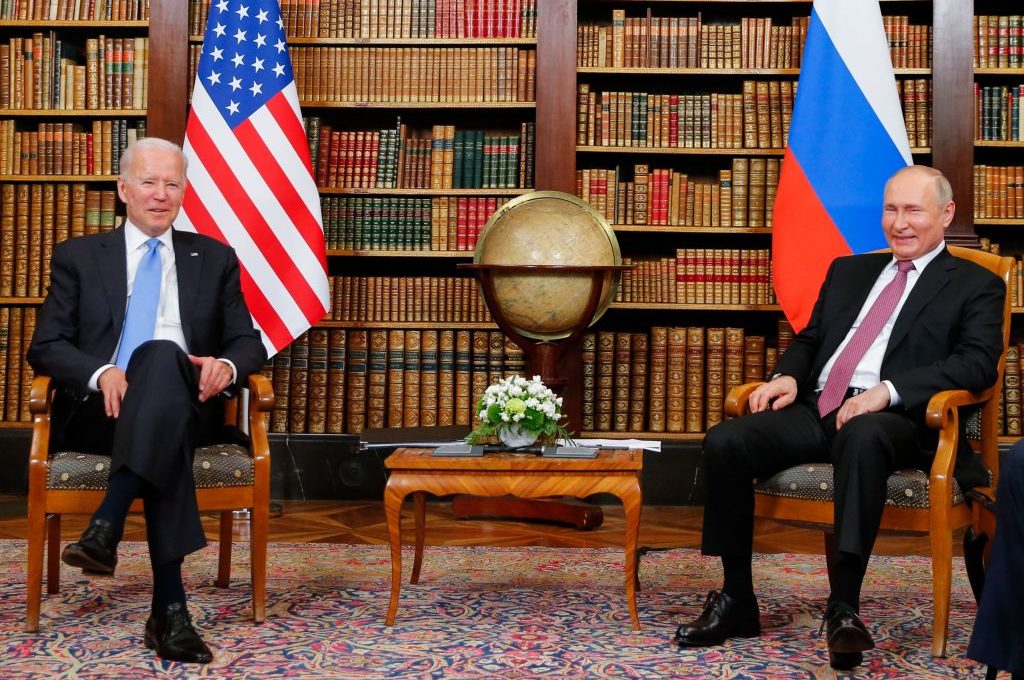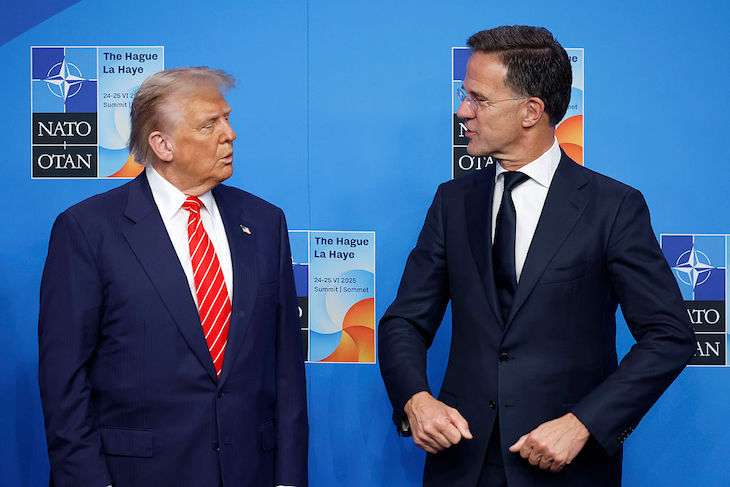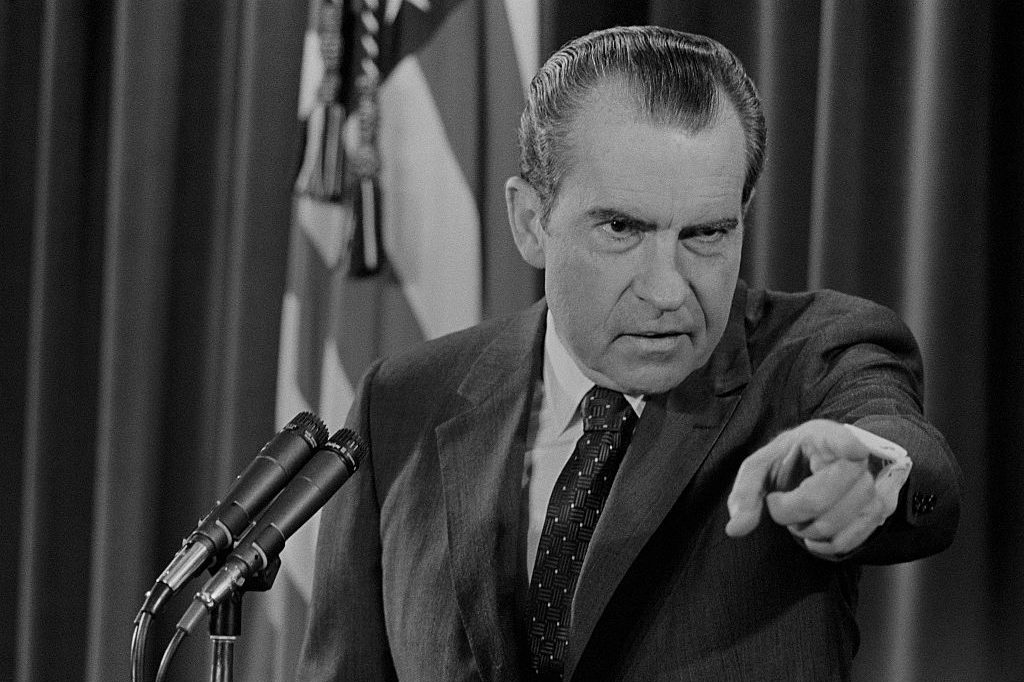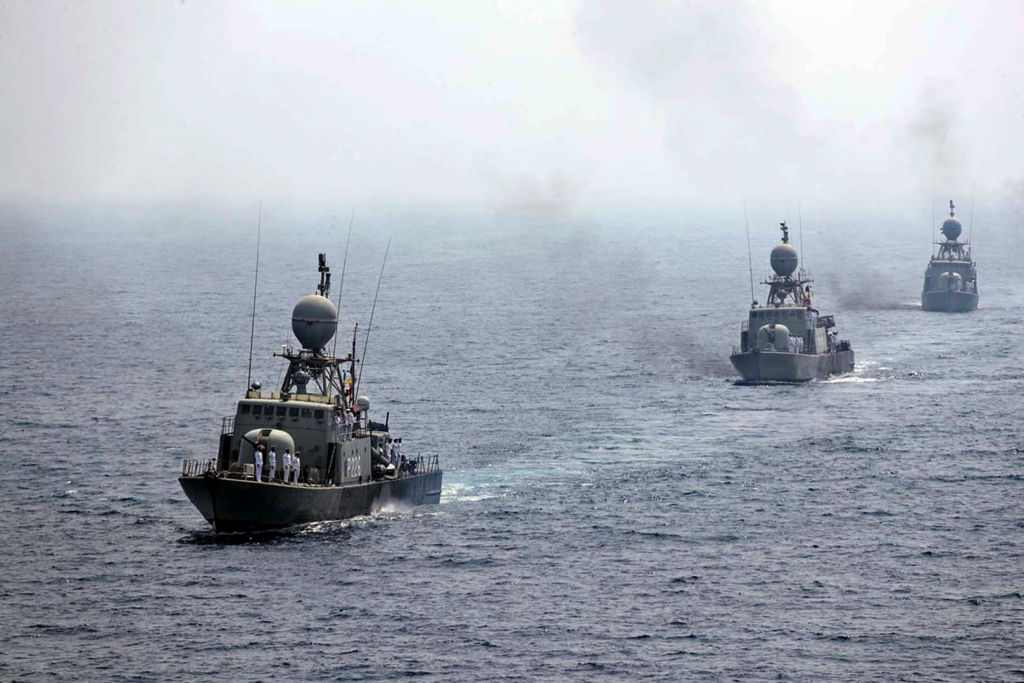There was a time when summit meetings between the presidents of Russia and the US were world-historical events on which the balance of world peace rested. Today — not so much. Joe Biden and Vladimir Putin didn’t even manage to fill the five hours allotted for their talks in Geneva today in large part because they simply didn’t have much to talk about. Russia today threatens no US vital interests, commands no alliances or strategic resources and remains a world power in only two areas, both inherited from the Cold War — its large nuclear arsenal and its UN Security Council veto.
Today’s Putin-Biden summit — unlike the explosive Trump-Putin meeting in Helsinki three years ago, where Trump hinted he believed Putin’s word over that of the US’s own intelligence agencies — was a diplomatic nothingburger. Putin described the meeting as ‘quite constructive’ and called Biden a ‘balanced’ politician. Biden, speaking at a separate press conference, called the summit ‘positive’.
There were no breakthroughs — but at least, by Putin’s account at least, there was ‘no hostility’ between the two sides. The two leaders agreed to keep their ambassadors en poste (after several months of petulant ‘withdrawals for consultations’, the diplomatic equivalent of a hissy fit, in the wake of a spring Russian military buildup). The only epic thing abut the Geneva summit was a mutual agreement to launch ‘consultations’ on cyber security — and that was only an epic of understatement, given Russia’s status as the world’s most aggressive state sponsor of cyber-crime, hacking and malware attacks — most recently on a US oil pipeline.
There was also no agreement on the only areas where Putin’s cooperation could actually influence real-world conflicts — Ukraine, Syria and Iran. On the contrary, Putin has recently moved to escalate the conflict in Donbas by deploying Russian forces on the Ukrainian border. In Syria, Bashar al-Assad is Russia’s single international ally — and he owes his survival solely to Putin’s military intervention on his behalf. And on Iran, Russia was once an important US ally while Barack Obama was putting together his grand deal to lift sanction in exchange for Tehran’s scrapping of its nuclear program. That kind of cooperation has become unthinkable in the wake of Russian interference in the US elections of 2016 and Putin’s harsh crackdown on domestic opposition and murder attempts on enemies abroad.
The only surprise was that the talks were so apparently cordial, despite Biden agreeing in a TV interview earlier this year that the believed that Putin was ‘a killer’. The Russian president insisted the talks were ‘not hostile’, with both sides showing a ‘willingness to understand one another’. Biden refused to answer a question about whether he stood by his 2011 comment that Putin had no soul.
In all other ways, both sides stuck to their scripts. Putin, his long-term immunity to irony still very much intact, compared his own crackdown on Russian opposition leaders — notably Alexei Navalny, who was poisoned and then imprisoned, whose name Putin still refuses to pronounce in public — to the US Capitol police’s actions against Capitol rioters last year. The Russian president also cited Guantanamo Bay as a riposte to criticisms of his human rights record, and emphasized the number of people shot every day in American cities. ‘Who is the killer?’ Putin asked.
This kind of tone-deafness to criticism and willingness to keep a straight face while denying well-documented outrages such as the Skripal poisoning or the invasion of Crimea has been the hallmark of Putin’s rule for 20 years. The only thing that has changed is that for the first time he’s encountered a US president uninterested in any kind of concession or meaningful reset.
Over the intervening decades since the 1985 Reagan-Gorbachev summit in Geneva, Russia has shrunk from an imperial superpower with a swathe of international allies to a middling economy whose only real power is to irritate. The truth is that Biden neither fears, needs nor respects Putin. By seeking a summit meeting, Biden successfully defused a potential flare-up of the Ukraine war. But the fact the meeting happened at all is about as good as it’s going to get for Putin. As for the rest, Biden, along with much of the rest of the world, has given up on changing the Kremlin’s behavior — and instead is concentrating on containment. Whether Putin got the message that the West’s patience is at an end will only be clear if and when he stops his escalating campaign of online hostility and domestic repression. Biden, for one, seems to be under no illusions. ‘I’m not confident [Putin] will change his behavior,’ was his one of his final comments as he walked away from the podium after a summit that could be the last more or less cordial meeting between the US and Russia for some time.

























